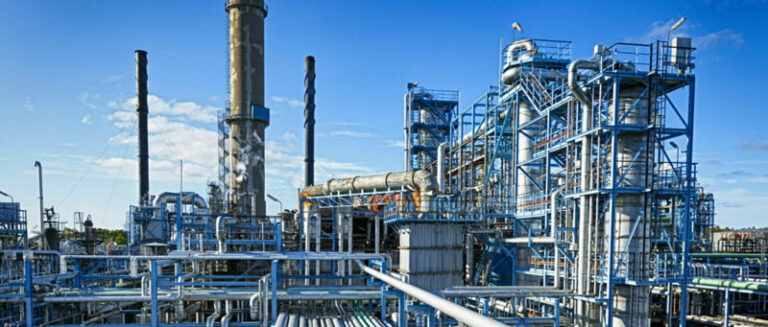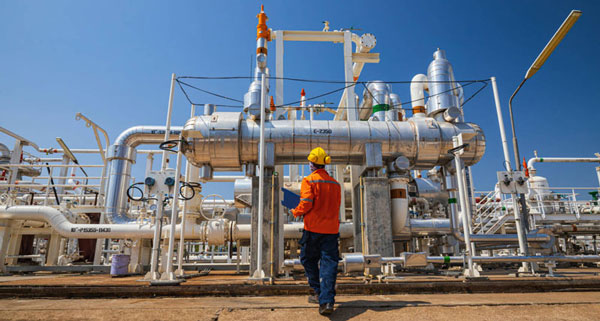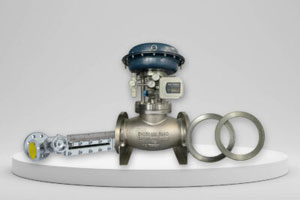
Industrial downtime is a crucial problem affecting companies worldwide, posing a significant challenge to business continuity and profitability. It is a phenomenon that occurs when an industrial plant or machine is in a state of unplanned downtime, unable to perform its functions. In the industrial context, downtime can result from a variety of reasons, including mechanical failures, electrical problems, human error, lack of preventive maintenance, and the use of low-quality products.
One of the main catalysts of industrial downtime is lack of proper maintenance. Preventive and corrective maintenance is essential to preserve the proper functioning of industrial equipment. Lack of regular inspections and replacement of worn components can lead to mechanical failures and unscheduled outages.
In addition, the purchase and use of poor quality products can increase the risk of downtime. These products can lead to an increased likelihood of failures and reliability problems in industrial systems, resulting in financial and production losses.
Industrial downtime has a significant impact on companies in terms of cost and performance. Economic losses resulting from this outage can vary widely depending on the industry, the size of the company, and the duration of the plant downtime itself. However, general estimates suggest that large companies may lose on average between $100,000 and $300,000 or more per hour of downtime, while small and medium-sized companies may suffer losses in the range of $10,000 to $30,000 or more per hour.
The consequences are not just limited to financial costs. Downtime can also undermine the company’s reputation, cause delays in customer deliveries, generate contractual penalties, and increase emergency management costs. In addition, it can undermine employee trust in the company, contributing to a less stable work environment.

To prevent a stillstand caused by failures due to poor maintenance or poor quality products, companies can adopt several preventive strategies:

KLINGER Italy is committed to manufacturing specially designed seals and products to ensure reliable and durable performance. Using quality products is a key step in minimizing the risk of downtime caused by mechanical failure or poor quality products.
But KLINGER Italy’s commitment is not just limited to manufacturing. Our team of highly skilled technicians is ready to help you get the most out of our products by answering any technical questions you may have. This personalized support is essential to ensure that your industrial operations run smoothly.
KLINGER Italy stands as your partner in the fight against downtime for reliable, high-quality solutions. Investing in quality products and taking advantage of our support are key to improving your company’s business continuity.